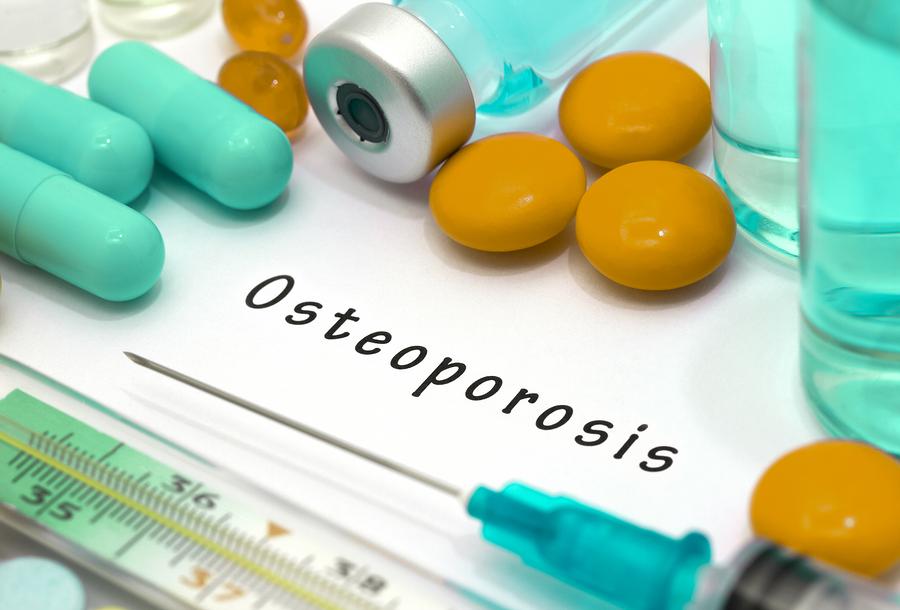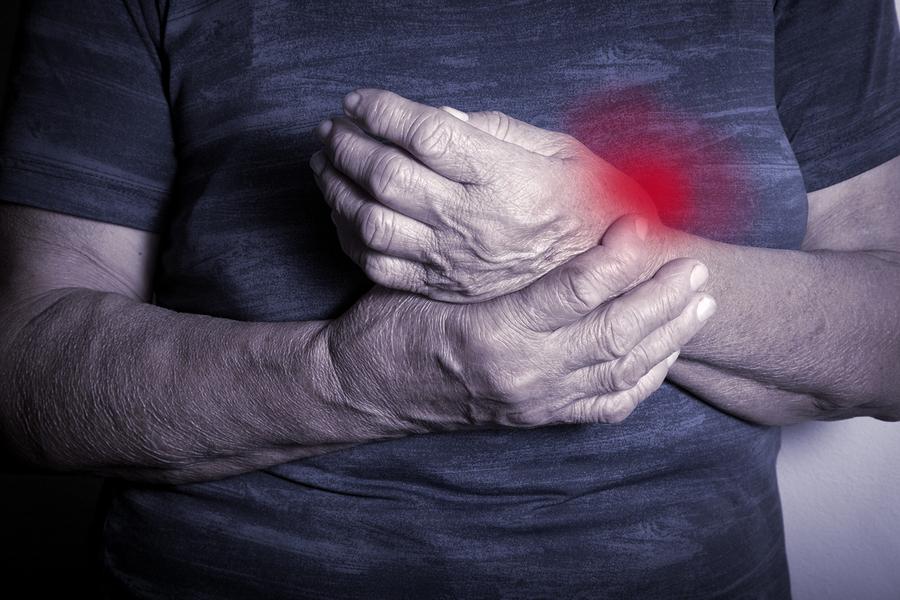Fresh medical research into relief for osteoporosis sufferers has demonstrated positive preliminary results! An experimental injection is being developed that has the potential to help the large amounts of older people who suffer from this age related condition. Approximately 2,500 post-menopausal women took part in the study which took place over the course of 18 months. The average age of the women who participated was 69.
During the recent study of the new experimental drug, known as abaloparatide, it was found to be more effective than the only other drug currently available for this purpose on the market for reducing the risk of bone fractures.
The hopeful results were gained from a phase 3 clinical trial which was funded by Radius Health. The study showed that women who received abaloparatide injections were less likely to suffer a spine fracture than whose who received placebo injections or injections of a similar drug, teriparatide. Those who had abaloparatide injections were 0.58% likely to suffer a spine fracture, whereas those on the placebo injection were 4.22% likely to suffer a fracture of the spine. Furthermore, those who received the teriparatide injections were 0.84% likely to experience this type of fracture.
If abaloparatide were to be approved for use then it would be the only alternative to teriparatide on the market for the treatment of high-risk osteoporosis. Having an alternative drug available not only gives patients more choice and therefore control over their own treatment, but also helps to push the cost of the drugs down as the manufacturers compete with one another.
Although spine fractures can actually often be painless when experienced by those suffering from osteoporosis, they can lead to a loss of height and cause discomfort in the future. It is possible to lose up to an inch in height following a fracture of the spine. Abaloparatide works to strengthen the bones, which helps to maintain their density as well as helping to prevent injuries from occurring. In addition to building the density of the bones, this new experimental drug also works to improve the quality of the bones and this is essential for increasing the ability of the bones to withstand breaks and fractures.
An additional benefit of abaloparatide that was made apparent by the clinical trial is that those who received injections of this new experimental drug were less likely to have high levels of calcium in the blood. Heightened levels of calcium can not only cause the bones to weaken, but can also be damaging to the function of both the heart and the brain. In terms of the negative side effects that the two drugs used in the trial produced, there was no significant difference between the two. Nausea and heart palpitations were two commonly cited side effects during the trial.
What is Osteoporosis?
Osteoporosis is a serious condition among those over the age of 60 and can be quite detrimental to the quality of life that a person enjoys. Statistics from the 2010 census show that more than 3 million women aged between 50 and 69 are suffering from osteoporosis in the United States. Additionally, data shows that a woman has a 44% lifetime risk of experiencing a fracture once she passes the age of 60.
The word osteoporosis literally means porous bone and is defined by a lower than normal bone density as well as a lower quality of bone. As the bones continue to degrade in quality, the risk of fracture increases, putting the sufferer at risk of injury and further difficulties.
At a very basic level, osteoporosis occurs because as we age the amount of bone that is lost begins to be more than the amount of new bone that is being built. Although osteoporosis is a condition that women are much more likely to suffer from, men are also at risk, with 1 in 5 men being likely to develop this condition in their later years. It is estimated that an osteoporotic fracture occurs every 3 seconds worldwide, with the most commonly affected areas being the wrist, spine and hip.
The prevention and early diagnosis of osteoporosis is essential in the battle to reduce the harmful consequences of this condition. People who are active throughout their lives and eat a healthy diet are less likely to develop this condition than those who do not take care of themselves so well.
The implications of fracturing or breaking a bone can be far-reaching for a person who is in their later years. If a senior person has their mobility affected in this way then they can quickly become isolated, which can then lead to feelings of depression and a much lower quality of life. Additionally, further complications can arise if the need for surgery is present. Statistics show that a massive 20% of seniors who break their hip will die within one year of having done so. For those who do not, it is likely that long-term nursing care will become a necessity.
References
1) http://www.health.com/news/injected-drug-may-help-fight-osteoporosis-women
Related Posts
Cigarettes May Inhibit Inflammation Treatments
Axial spondyloarthritis, also known as AxSpa, is a chronic…








